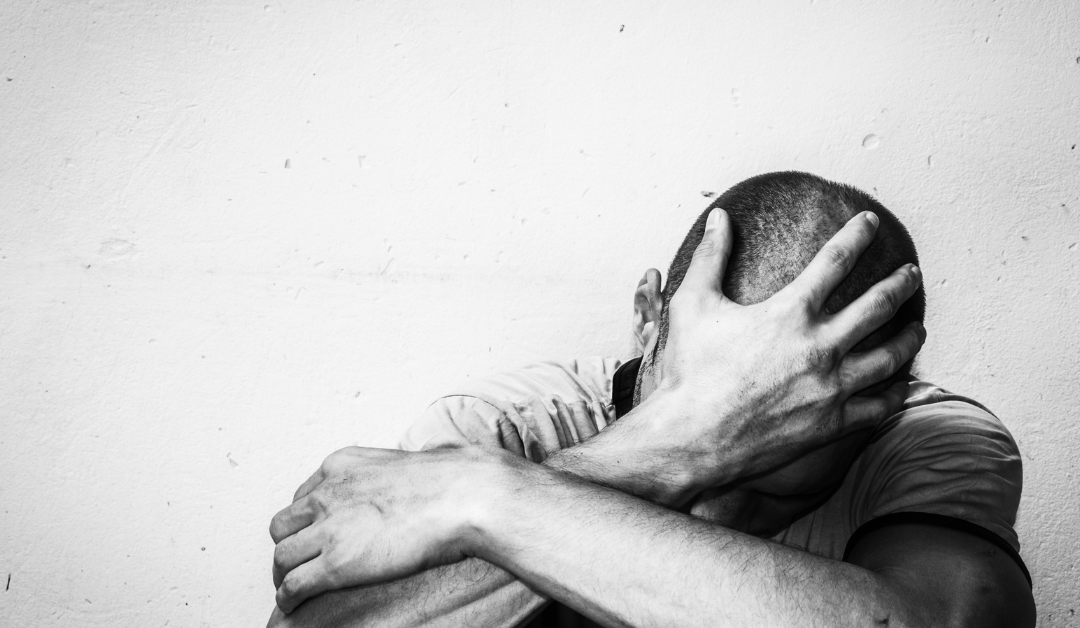Anxiety is a common mental health issue that can cause excessive worry, fear, and apprehension, affecting our daily lives. It can be triggered by various factors such as work pressure, financial problems, health concerns, or relationship issues.
Although it’s normal to feel anxious from time to time, persistent anxiousness can be detrimental to our overall well-being. Here are some ways to cope with your anxiety:
- Practice Mindfulness: Mindfulness involves focusing on the present moment and accepting one’s thoughts and feelings without judgment. It can help reduce stress and anxiety by keeping us grounded and centered. You can practice mindfulness through meditation, deep breathing exercises, or simply by taking a few moments to focus on your surroundings.
- Get Regular Exercise: Exercise is a great way to reduce anxiety and stress. It releases endorphins, which are natural mood boosters, and can also help improve sleep quality, which is essential for mental health. Aim for at least 30 minutes of physical activity most days of the week.
- Limit Caffeine and Alcohol Intake: Both caffeine and alcohol can worsen anxiety symptoms. Caffeine is a stimulant that can cause jitters and nervousness, while alcohol can disrupt sleep and cause mood swings. Consider cutting back or eliminating these substances from your diet if you’re prone to anxiety.
- Seek Professional Help: If anxiety is interfering with your daily life, it’s essential to seek professional help. A mental health professional can help you develop coping strategies and provide support and guidance to manage anxiety effectively.
- Engage in Relaxation Techniques: Relaxation techniques such as yoga, deep breathing, or progressive muscle relaxation can help reduce anxiety by promoting a sense of calm and relaxation. Find what works best for you and make it a part of your daily routine.
- Practice Self-Care: Self-care involves taking care of your physical, emotional, and mental well-being. It can include things like getting enough sleep, eating a healthy diet, spending time with loved ones, and engaging in activities that bring you joy.
In conclusion, managing anxiety requires a multifaceted approach that involves taking care of your physical, emotional, and mental well-being. By incorporating these tips into your daily routine, you can keep calm and live on, even in the face of anxiety.

